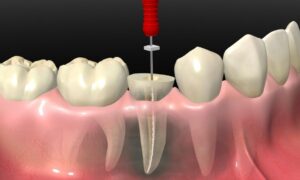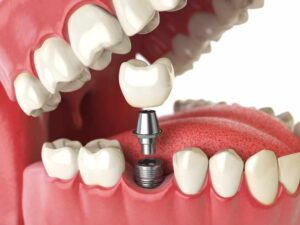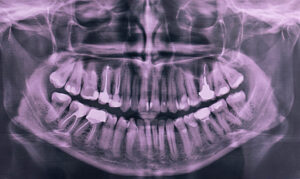As a woman, you must undergo menopause at a particularly advanced stage in life. It mostly occurs when you haven’t had a menstruation cycle for 12 consecutive months between 45 and 55. You may experience various symptoms that may vary from one person to the other. Here are the most common signs to expect.
Period Changes
The first sign is an irregular occurrence in your periods. You can either have heavy bleeding or a shorter cycle. Alternatively, you may experience spotting, periods lasting for more than a week or resumption of your cycle after almost one year.
It may differ from one woman to another, but you won’t have a regular pattern. Also, it has no set time when you are supposed to complete the menopause transition since the irregular periods can happen for years. However, it’s essential to seek doctors’ advice whenever you have irregular menses to check out for other medical conditions.
Hot Flashes
You may also experience hot flashes, which happen in the form of heat sensations on the upper part of the body. You can feel it from the head, face, or neck, and it may progress downwards or upwards. They can be severe or mild and can last for a minute to 5 minutes or even have several in an hour or once a week. The feeling may result in red patches on your skin or increased sweating.
Alternatively, you may undergo cold flashes instead, which can lead to night sweats. You will have such experiences in the initial year after menstruation stops, but it may continue for up to 14 years. It is a common occurrence usually associated with decreased estrogen levels, which interferes with the body’s ability to maintain a steady temperature.
Mood Changes
Mood Swings are one of the most common symptoms in most women due to changes in hormone levels. You will often feel unhappy, anxious, or depressed, which can even cause crying spells and sleep disturbances. Usually, you will feel disappointed about the end of fertility and low libido, which may further affect your mood.
If you have had a history of similar symptoms, you may face worse mood changes at menopause. However, in case you continuously feel moody for more extended periods about more than a week, such as anger, anxiety, and irritability, seek a doctor’s advice.
Tendency to Forget
As you get to the menopause phase, you will experience difficulty in your memory and concentration. You might note that you forget simple things, such as where you last kept your car keys. Some women quickly forget people and important events, a clear proof that you aren’t thinking clearly.
Others may experience scary moments for things they are not used to or have never seen. You will also have to go through long hours of learning due to a low attention span. It will help if you maintain a great social life and a healthy diet to keep you mentally active.
Physical Changes
Once you get to the menopause stage, weight gain is a common occurrence for most women. It’s brought about by changes in the distribution of body fat. Usually, fat gets to the hips and thighs, but during menopause, you will experience excessive fats in the abdominal areas and along the waist thus you may use different menopause supplements.
You may also notice some adult acne, wrinkles, and other changes in skin texture. You can also expect changes in hair texture, volume, colour, breast reduction, and tenderness. You can still have hair growth on the chest, abdomen, chin, and upper lip caused by the continuous production of the male testosterone.
Vaginal Dryness
When undergoing menopause, there is a decrease in hormone levels, which makes the vaginal tissue lose their natural lubrication and elasticity. It will result in vaginal itching, soreness, urinary tract infections (UTI), light bleeding, or pain during intercourse and discomforts in the pelvic regions.
Most women undergo changes that make them extremely uncomfortable. In some worse conditions, the UTI can cause a sudden urge to urinate, especially while straining to lift heavy objects or coughing. There are no specific tests to determine when vaginal walls become less elastic. However, if you experience discomfort, it will be best if you seek hormone therapy.
Increased risk of Health Conditions
At menopause, you experience a decrease in osteoporosis, which makes you more vulnerable to various diseases. You may be at a higher risk of diseases like breast cancer, cardiovascular diseases, and skin changes due to hormonal imbalances. You will be required to consume supplements to boost your bone strength and make your immune system stronger.
Conclusion
It’s not easy to know when exactly your menopause will hit, but paying attention to the above signs will give you a definite answer. Always remember that the symptoms vary from woman to woman. Some people may have earlier signs, especially if you have had removal of the ovaries or uterus.




